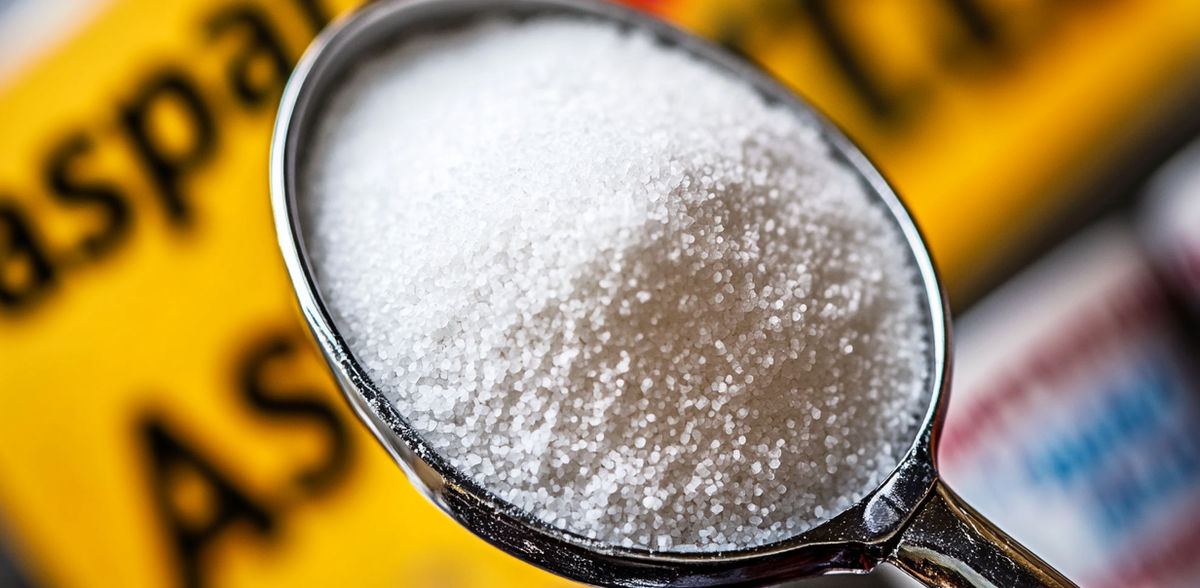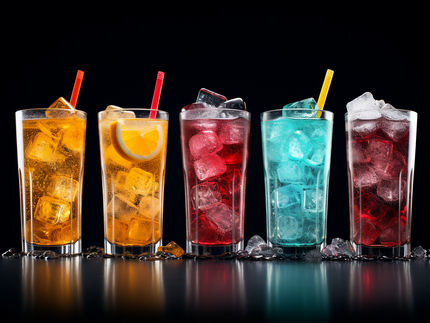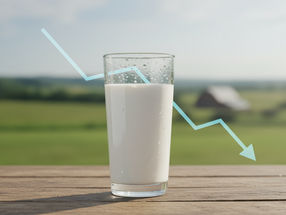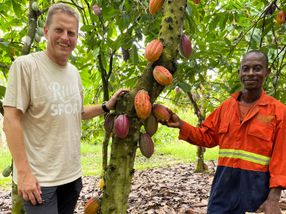Controversial sweetener
foodwatch, Yuka and the Anti-Cancer League call for a ban on aspartame
Advertisement
foodwatch has called on the EU Commission to withdraw approval for the sweetener aspartame. In a report published on Tuesday, the consumer organization warns of the health risks of the widely used sweetener. The case of aspartame highlights the weaknesses of the safety assessment of additives in the European Union. This is based too heavily on studies commissioned by the industry and is highly non-transparent. foodwatch called on the EU Commission to apply the precautionary principle enshrined in European law. Aspartame should only be put back on the market if an independent re-evaluation has proven the safety of the sweetener.
Together with the food app Yuka and the French Anti-Cancer League, foodwatch has launched a Europe-wide petition to the EU Commission calling for a ban on aspartame: https://www.foodwatch.org/de/mitmachen/aspartam-verbieten
"Consumers are not the industry's guinea pigs - what ends up on our plates must be safe. The EU must take the precautionary principle seriously and rigorously withdraw additives from the market if there are doubts about their safety," demanded Dr. Rebekka Siegmann from foodwatch.
The International Agency for Research on Cancer (IARC) of the World Health Organization (WHO) classified aspartame as potentially carcinogenic in 2023 based on a comprehensive review of all available studies. At the same time, the Joint Expert Committee on Food Additives (JECFA) of the WHO and the Food and Agriculture Organization (FAO) stated that aspartame poses no risk with current consumption habits. However, foodwatch criticizes the fact that the JECFA based this risk assessment mainly on a single study from 1981 - which was carried out by the world's largest aspartame manufacturer itself. A recent study by the French National Institute of Health (INSERM), on the other hand, found a cancer risk even at significantly lower doses.
Risk assessment is too dependent on industry studies
An EU-wide approval procedure regulates which additives food manufacturers are allowed to use. In theory, the EU must use this procedure to ensure that consumer health is sufficiently protected. In practice, however, the European Food Safety Authority (EFSA) relies too heavily on industry-funded studies in its risk assessment, criticized foodwatch.
In its 2013 risk assessment of aspartame, for example, EFSA classified all 73 studies that pointed to possible risks of the sweetener as unreliable. In contrast, the majority of the 81 studies that found no link to health risks were considered reliable. Apparently, double standards were applied here, criticized foodwatch. An analysis by the consumer organization shows: Almost three quarters of the studies found to be reliable were carried out by aspartame manufacturers themselves or their authors cited links to the industry. Industry studies are usually confidential and cannot be viewed by the public, foodwatch criticized. However, research shows strong correlations between funding and research results.
Aspartame is used in around 2,500 foods across Europe, mainly in diet products and sugar-free drinks. These include numerous widely used soft drinks such as Coca-Cola Zero, Pepsi Max and Sprite Zero. Manufacturers are increasingly turning to sweeteners, as it is now scientifically proven that sugary soft drinks are one of the main drivers of type 2 diabetes. More and more countries are therefore introducing political measures against excessive sugar consumption, such as a soda tax.
"If companies simply replace sugar with other problematic substances, little will be gained for health. One thing is clear: consumers don't want risky substances in their drinks," criticized Rebekka Siegmann.
According to a representative survey by the polling institute YouGov, 65% of people in Germany are in favor of a precautionary ban on aspartame.
The EU precautionary principle allows legislators to take precautionary measures in the event of scientific uncertainty about the health risks of a substance.
Note: This article has been translated using a computer system without human intervention. LUMITOS offers these automatic translations to present a wider range of current news. Since this article has been translated with automatic translation, it is possible that it contains errors in vocabulary, syntax or grammar. The original article in German can be found here.



































































